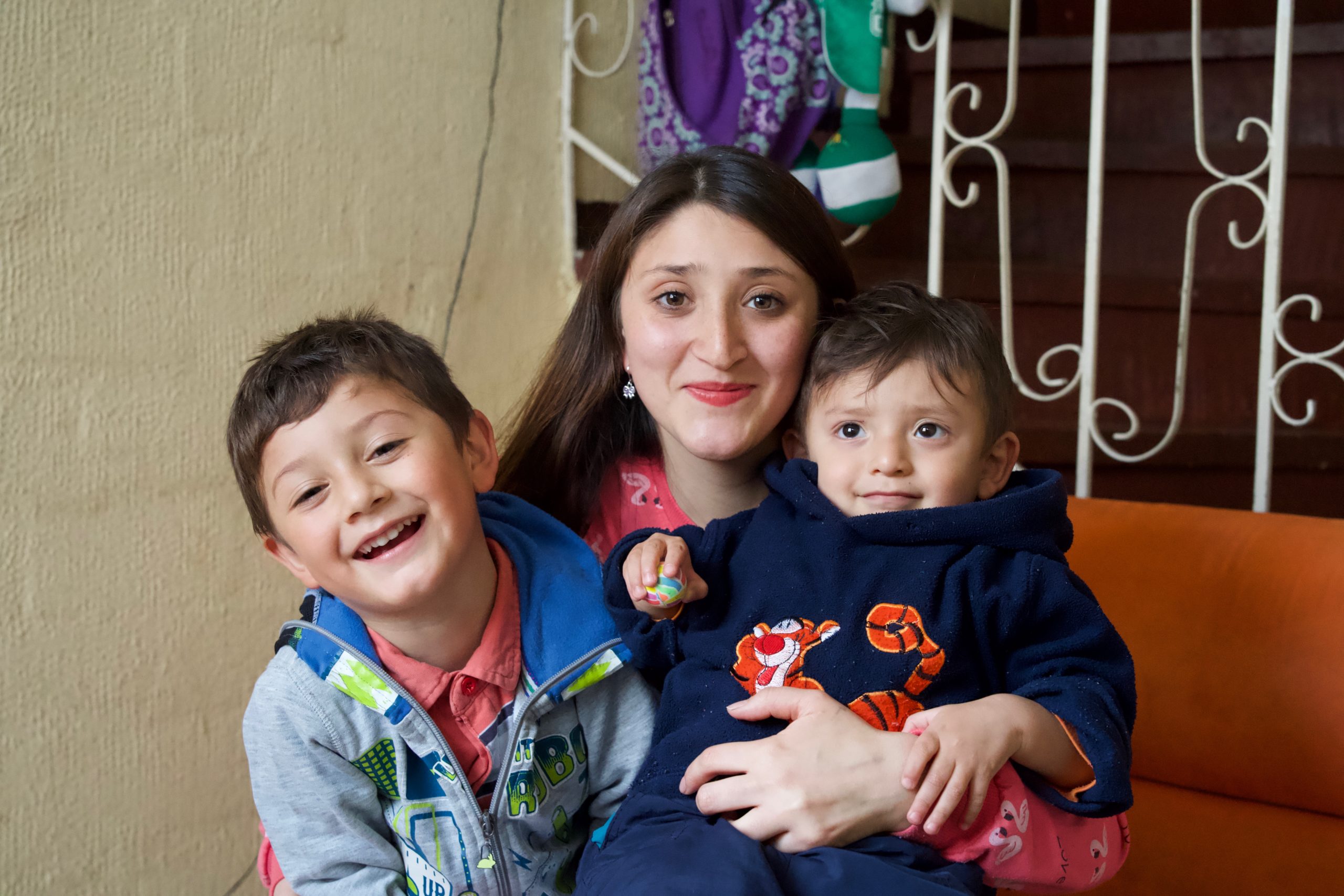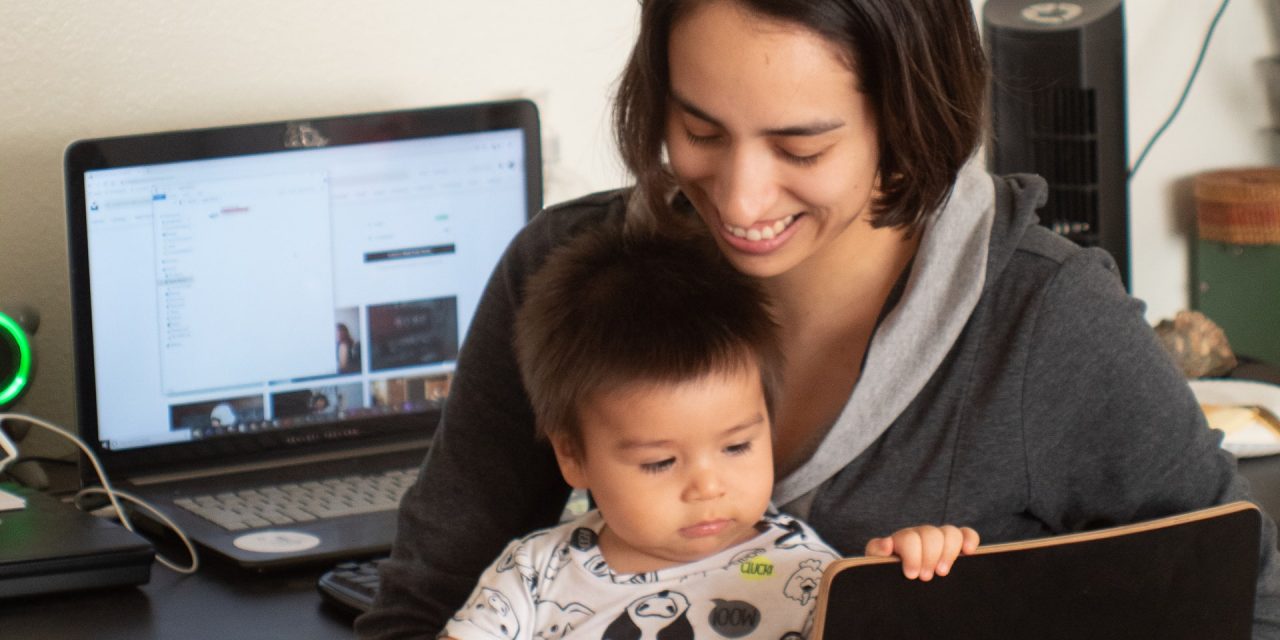Top 5 Strategies for Strengthening Parent-Child Communication
To improve parent-child communication, try active listening techniques for genuine understanding. Set clear expectations with open dialogue to create a safe and honest environment. Build trust through respect and acknowledging feelings. Practice empathy to strengthen your bond. These strategies will enhance your relationship and create a harmonious interaction.
Key Takeaways
- Practice active listening techniques to show genuine interest and understanding.
- Set clear expectations to foster mutual understanding and cooperation.
- Encourage open dialogue to create a supportive and understanding environment.
- Establish trust and respect through active listening and genuine interest.
- Practice empathy and understanding to build a strong relationship with your child.
Active Listening Techniques

To improve parent-child communication, practice active listening techniques to show genuine interest and understanding in what your child is sharing with you. Reflective listening involves paraphrasing and summarizing what your child says to confirm you understand correctly. For example, if your child says, ‘I had a tough day at school,’ you could respond with, ‘It sounds like today was challenging for you.’ This technique shows your child that you’re actively engaged in the conversation and value their feelings.
Mirroring responses involve repeating back a portion of what your child said to encourage them to elaborate further. By saying, ‘It sounds like you’re feeling frustrated,’ your child may feel more comfortable opening up about their emotions. This technique helps deepen the conversation and allows your child to express themselves more freely.
Setting Clear Expectations

Establishing clear expectations with your child is essential for fostering mutual understanding and cooperation within the parent-child relationship. When it comes to boundary setting, effective communication plays a pivotal role in ensuring that both you and your child are on the same page. By clearly outlining your expectations, you provide a framework for your child to understand what’s required of them, leading to a more harmonious and respectful interaction.
Research indicates that setting clear expectations helps in creating mutual understanding, which forms the foundation of healthy relationships. When both parties know what’s expected, it reduces misunderstandings and conflicts, fostering a positive environment for communication to thrive.
Encouraging Open Dialogue

When fostering a strong parent-child relationship, nurturing open dialogue is crucial for creating a supportive and understanding environment for both you and your child.
Building rapport and fostering connection through honest conversations can greatly strengthen the bond between you and your child.
To encourage open dialogue, creating a safe and open environment where your child feels comfortable expressing their thoughts and feelings without fear of judgment is vital.
Research has shown that promoting honesty in conversations can lead to better communication and a deeper understanding of each other’s perspectives.
Establishing Trust and Respect
Building trust and respect with your child starts by actively listening and showing genuine interest in their thoughts and feelings. When you take the time to truly listen to what your child has to say, you’re building rapport and fostering connections that are essential for a strong parent-child relationship.
Research shows that children who feel heard and understood are more likely to open up and communicate effectively with their parents.
Respect is a two-way street. By demonstrating respect for your child’s opinions and emotions, you’re teaching them the importance of mutual respect in any relationship. Acknowledge their feelings, even if you may not agree with them, and validate their experiences. This validation helps in establishing a foundation of trust that encourages your child to confide in you.
Practicing Empathy and Understanding

To foster a deeper connection with your child, practicing empathy and understanding is essential in nurturing a healthy parent-child relationship. Engaging in empathy exercises and attending understanding workshops can greatly enhance your communication skills and aid in building a strong relationship with your child.
Empathy exercises help you put yourself in your child’s shoes, allowing you to see situations from their perspective and respond with compassion. Understanding workshops provide valuable tools and techniques to improve your ability to listen actively and communicate effectively with your child.
Frequently Asked Questions
How Can Parents Address Communication Barriers With Teenagers?
To address communication barriers with teenagers, try active listening to understand their perspective. Use conflict resolution skills to navigate disagreements. Set clear boundaries while building rapport to foster trust and open dialogue in your relationship.
What Role Does Body Language Play in Parent-Child Communication?
In parent-child communication, body language is key. Nonverbal cues can convey emotions and intentions. By practicing active listening and paying attention to body language, you can enhance understanding and connection with your child.
Is It Possible to Rebuild Trust After a Major Communication Breakdown?
Yes, it is possible to rebuild trust after a major communication breakdown. Effective strategies involve honest conversations, active listening, acknowledging mistakes, and showing genuine empathy. By working together to understand each other’s perspectives, trust can be restored.
How Can Parents Navigate Sensitive Topics With Younger Children?
When approaching sensitive topics with younger children, remember to have age-appropriate discussions. Encourage open dialogue, listen actively, and validate their feelings. Use simple language, be patient, and create a safe space for them to express themselves freely.
What Steps Can Parents Take to Encourage Their Child’s Emotional Expression?
To encourage your child’s emotional expression, actively listen to their feelings and validate them. Create an open dialogue where they feel safe sharing. This fosters trust and strengthens your bond, helping them navigate their emotions effectively.
Conclusion
To sum up, by implementing active listening techniques, setting clear expectations, encouraging open dialogue, establishing trust and respect, and practicing empathy and understanding, you can strengthen parent-child communication.
Research has shown that these strategies are effective in fostering healthy relationships and promoting positive interactions between parents and children.
Remember, communication is key in any relationship, and taking the time to actively engage with your child can make a big difference in building a strong bond.

Chad Adan Kace, a young dad from Vermont, shares his parenting journey with a touch of humor and lots of love. Father to a lively baby, he explores the joys and challenges of fatherhood through his stories.







